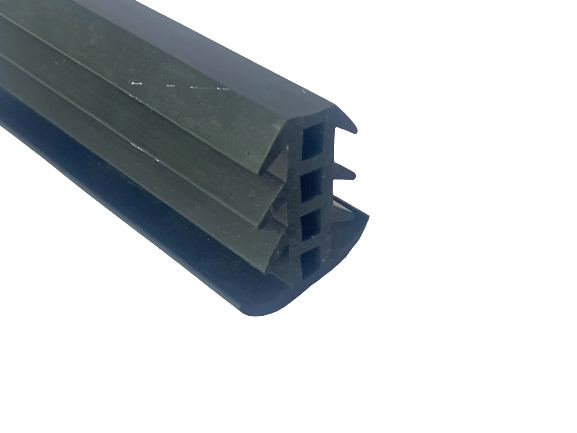Aug . 14, 2024 10:36 Back to list
Effective Solutions for Weatherproofing Your Garage Door to Enhance Energy Efficiency and Durability
Garage Door Weatherproofing Essential Tips for Effective Protection
A garage door is not just an entryway for vehicles; it serves as a critical barrier between your home and the outside elements. Weatherproofing your garage door is essential for maintaining energy efficiency, protecting your belongings, and extending the lifespan of the door itself. In this article, we will discuss effective methods of weatherproofing your garage door to ensure it withstands the rigors of changing seasons.
1. Inspect and Replace Weatherstripping
The first step in weatherproofing your garage door is to inspect the weatherstripping. This is the rubber or vinyl material that lines the edges of the door, creating a seal when it is closed. Over time, weatherstripping can become brittle, cracked, or detached. Regularly checking this component is crucial. If you notice any signs of wear, replace it immediately. The new weatherstripping should fit snugly and prevent drafts from entering your garage.
2. Add Threshold Seals
In addition to weatherstripping, consider installing a threshold seal along the bottom of your garage door. This rubber strip creates a barrier against water, dirt, and pests. It is particularly important in areas prone to heavy rainfall or snow. Measure the width of your garage door and cut the threshold seal to size. Installation is straightforward, often requiring just adhesive or screws to attach it securely to the garage floor.
If you live in a region with extreme temperatures, insulating your garage door can significantly enhance your home’s energy efficiency. Insulated garage doors come with polystyrene or polyurethane cores, which provide additional thermal resistance. If your current door is uninsulated, consider adding an insulation kit. These kits usually include foam board insulation that can be cut to size and installed within the door’s panels, creating a more energy-efficient barrier.
garage door weatherproofing

4. Seal Any Gaps or Cracks
Another important aspect of weatherproofing involves sealing any gaps or cracks around the garage door frame. Use caulk to fill in these openings, which prevents both air leakage and moisture intrusion. Pay close attention to areas where the door meets the frame and any visible gaps in the walls. Even small openings can lead to significant energy loss, so thoroughness is key.
5. Maintain Regular Maintenance
Like any other part of your home, your garage door benefits from regular maintenance. Ensure that hinges, rollers, and tracks are lubricated so they function smoothly. Additionally, clean the door’s surface periodically to remove dirt and grime that can contribute to wear over time. After cleaning, inspect the door for any signs of rust or damage, and address these issues promptly.
6. Consider Storm Doors or Covers
In regions that experience storms or extreme weather conditions, adding a storm door or protective cover can provide additional security for your garage door. These external barriers can help shield your primary garage door from the elements, preventing damage from high winds or flying debris.
Conclusion
Weatherproofing your garage door is a proactive measure that can save you money on energy bills, enhance the comfort of your home, and protect your belongings from the elements. By following these essential tips—inspect and replace weatherstripping, add threshold seals, insulate the door, seal gaps, maintain the door, and consider additional protective measures—you can ensure that your garage door remains an effective barrier against weather extremes. Investing time and effort into the weatherproofing of your garage door is ultimately an investment in the longevity and efficiency of your entire home.




